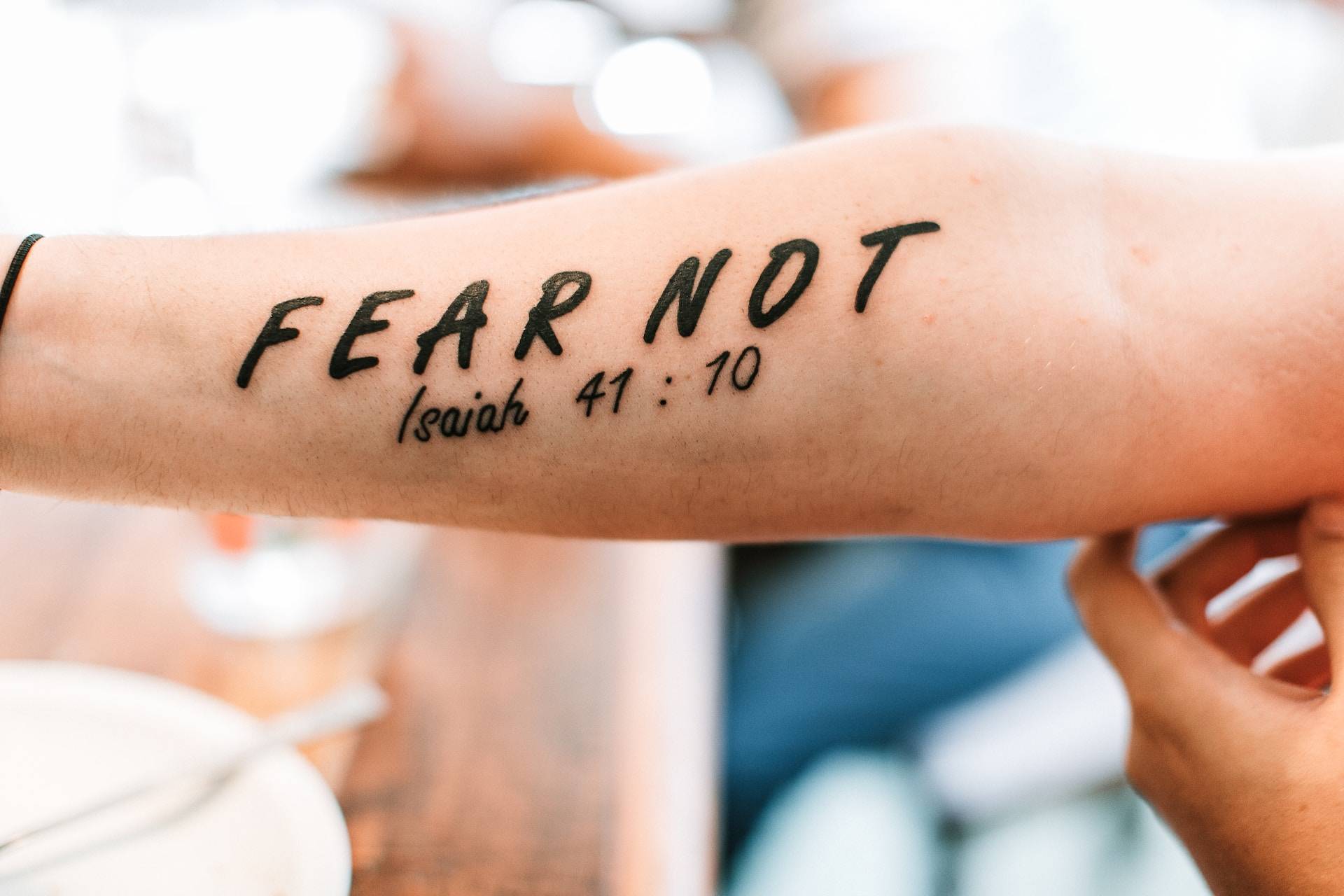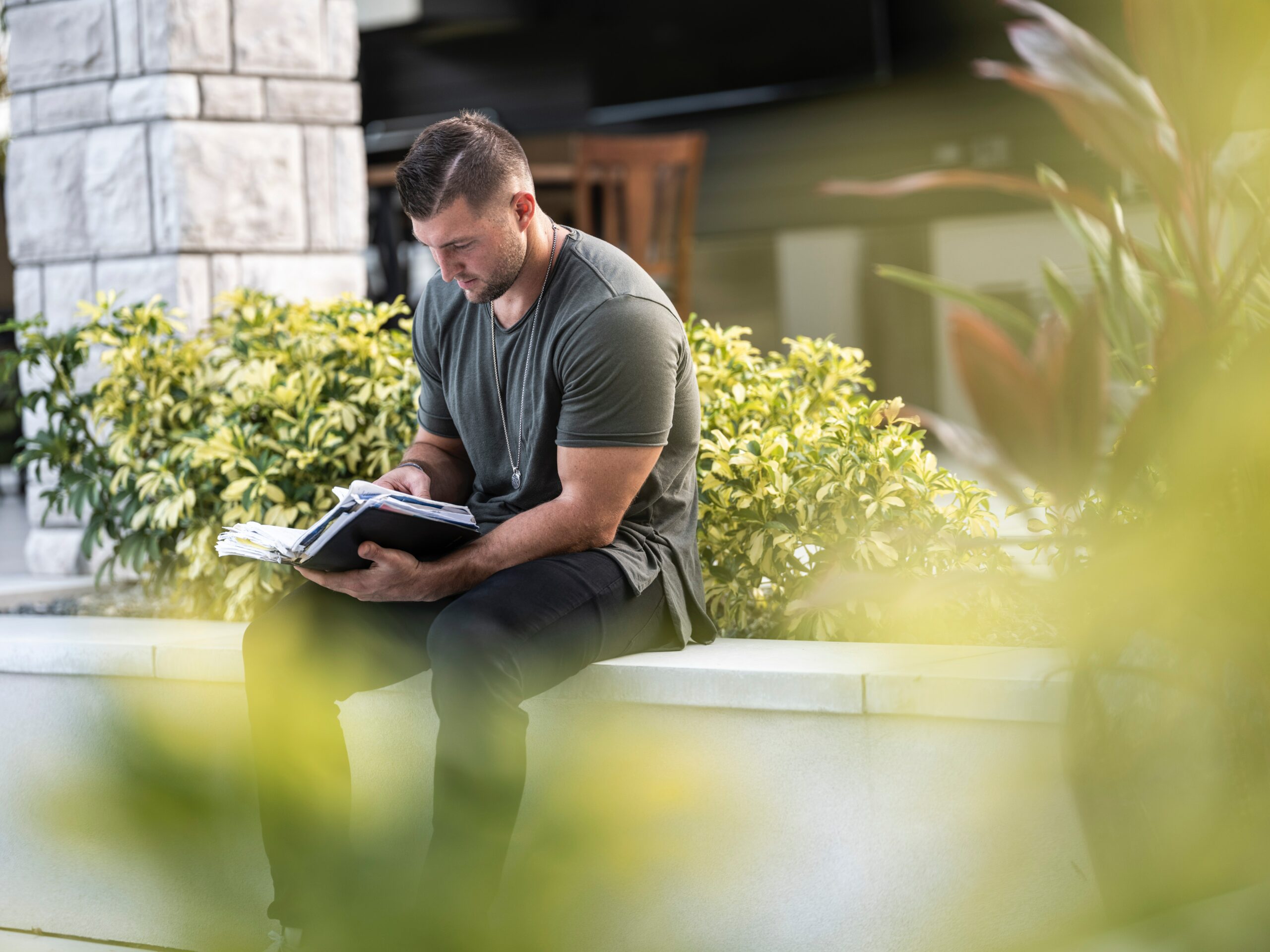On The Road – Are We There Yet
Are we there yet? Seems not, given the grief we experience the trauma and anxiety resulting from the present “storms of life”, but I think we should be encouraged: we are on the road. “Are We There Yet?” is a children’s book written by Alison Lester in which a family’s adventure around Australia takes 3 months. The same question came to my mind this week as I pondered the world situation of Covid-19 with its many restrictions.
On the Road to Emmaus
I pondered the lectionary readings: Luke24:13-25, and 1Pet 1: 17-23 for this Sunday in light of the uncertainty about the end of school holidays, and returning to work, and what/how school teaching might be delivered. Like the two travellers on the road to Emmaus, in the Luke reading, I was reminded we are on a journey that lies between Christ’s first walk on earth and His second coming – when He returns to rule the new heaven and earth.
Like restless kids on a long drive, we desire our troubles to pass quickly, and long for life to return to “normal”, or the way we know – but it won’t just happen, we’ve got to work at it.
Getting back to normal
Last term our school prepared to deliver learning to our students online, supported by hard-copy follow-up activities. However, I was relieved to discover that the Department’s direction was to “return to normal.” We, teachers, undertook rapid learning about delivering on-line teaching to students in their homes, but my brain was so overloaded I certainly wasn’t very confident about preparing my lessons in that form, and I delayed attempting it.
Hence my relief at the prospect of getting back to normal. I can see many advantages and improvements that on-line working can make and have observed with interest the many ways the web has enabled worship during the restrictions, as well as helping to maintain family communications and so many other things. Much of this, I guess will become part of our new “normal” in society. We all have a desire for a normal in our life, but are we there yet? No, we’re just on the road to it.
In the Eye of the Storm
Let’s look at today’s scriptures. In the light of their troubles, it is understandable that Cleopas and his friend wanted to leave Jerusalem and walk the 11km to Emmaus – which I suspect was their home, and probably represented security and comfort in their troubles. They were upset, sad, slow, and blinded by the extraordinary griefs and experiences of the previous few days.
I recall an illustration from the Max Lucado book “In The Eye of The Storm”. It tells of a parakeet named Chippie whose owner one day decided to clean out Chippie’s cage with a vacuum cleaner. Just as they started their phone rang and as they turned to grab it …you guessed it “soooopp’, up went Chippie.
Realising what had happened the owner quickly turned off the vacuum and opened the cleaner bag to find Chippie alive, but very dirty and dusty. Deciding to help the bird they then put it under a tap to remove the dust only to have Chippie shivering. Still concerned for the bird the owner chose a quick, hot blow-dry with a hairdryer. Chippie did survive, but regrettably now doesn’t sing much – which really was a disastrous outcome from the traumas.
The two travellers on the road probably felt much like Chippie for they had watched the traumatic events of that paschal weekend: the one who they believed was the Messiah had been brutalised, condemned, flogged, crucified and buried away in a sealed and hoarded tomb. And to make it worse the body had disappeared. On the road, away from those nightmares, they were still overwhelmed with sadness.
Covid-19
We can relate to the outcomes of shock and sadness arising from troubles and griefs as we take in the impact of Covid-19, or when we contemplate those other times when we ourselves have been overwhelmed with grief, anxiety, sudden changes in our life, or when those we’ve put our trust in have let us down. We want to get out of it – and cry out “how long”, like the tried and persecuted souls under the altar in Revelation. Are we there yet? Have we not had enough? Can’t we finish with being on the road of suffering?
Our journey on the road can be slow and painful
At those times we tend to be blinded to God’s grace, love, peace and joy. When we’ve had sad hearts because of loss of a job, trouble in marriage or relationships, holidays not eventuating or missed celebrations, disturbing medical conditions – let each of us ponder those times you’ve been blind to Gods comfort, guidance, grace and love.
Maybe, like the two whose journey on the road was slow and painful, we’ve been slow of heart to understand what really was going on, and it blinded us. We became disillusioned, or indifferent, or just overwhelmed with feelings of helplessness in the situation. There’s so much tragedy, so many changes in policy and routines, we’re just left feeling unsure where we are, what to do, or even disabled from undertaking the good and simple things like shopping, and communicating with family.
Trudging on the Road
Let us reflect a little more on the 2 travellers. I was struck by the fact they weren’t among the appointed apostles; they were not of the remaining 11 specially numbered disciples. But I can really relate to these two ordinary believers of the “Way” just trudging on the road. I can relate to them because I’m just an ordinary believer, blessed because I believe in the Lord Jesus, although I have not seen him bodily, as they had – not yet, anyway!
As believers, they had travelled on the road to Jerusalem for the Passover, a celebration holiday, but so much more had happened. Jesus who they had seen and believed upon, had been mighty in works, taught them, helped them understand the scriptures, and was their hope to deliver them from Roman rule. But he had been crucified, a degrading painful death, and buried away out of sight. All very sad and traumatic.
Hope crucified?
And then those blessed women had come and told them the body had disappeared from the tomb; that Jesus was in fact alive. Why hadn’t they believed them? Were they prejudiced, and is that what was blinding them? They seemed to have forgotten all the scriptures that Jesus had taught them, or they had learnt in the synagogues in their youth.
Were the voices of religious leaders so much stronger and louder than what they believed, or were just now confused by the fact that the national leaders – who were meant to be leading, protecting, making choices that made their life better, and revealing more about their God – had now joined with the pagan power and crucified the One who gave them hope? So they trudge on the road slow, sad and blind. Looking towards Emmaus, they ponder: are we there yet, can we flee away from all the hard and sad stuff of life?
Can we see Jesus?
Then, suddenly there’s this stranger walking on the road with them, talking, questioning them, and even beginning a bible study of the scriptures. Ponder a moment … are there times for us when we can’t seem to see Jesus along life’s journey? Have we turned our eyes away from the ultimate source of comfort, and let or hearts and minds listen to the world?
Has trauma and fear taken to rule in our hearts, or the journey on the road got so long and tiresome we ask “Are we there yet”? Have the taunting or opinions of others, or even our revered church leadership challenged us, or changed our opinions and belief away from Him who is THE truth? Have we become slow, sad, blind or even as Jesus said to the two travellers, foolish?
Let us be reminded of Hebrews 13:2 “Do not forget to show hospitality to strangers, for by so doing some people have shown hospitality to angels without knowing it.”
When the two travellers invited this stranger who had drawn near to them on the road to eat and stay with them, it was not just an angel they were entertaining, but the very Messiah they had hoped for. Jesus took on the role of the host even as they shared their meal with him, then in a flash, it all came back to them. His revealed presence woke them again to faith, love, and joy.
Hope rekindled
Now they saw the scriptures had been fulfilled. They recalled all he had told them and they saw Him and knew their faith restored. No longer sad, slow, and blind they were understanding, believing and rejoicing. So seized were they by the fullness of amazing joy that they were back on the road straight away and no delay.
But now they were not on the road to despair, and fleeing away to false, worldly comforts; they were speeding along, running back the whole 11km to Jerusalem, in delirious delight, ready to share the good news they had received and believed. So it is up to us: we need to back on the road to share the good news – Jesus is alive!
Ponder again
Sometimes it’s the tragedies, challenges and trauma of life’s journey that blinds us, and so sometimes on the road of life we fail to see the Lord among the common things, or because our traditions blind us, or things just haven’t tuned out well, and we’re disappointed. But actually He’s always there, eager to be our host, to bring light to us, to instruct, enrich and empower us afresh.
Be Encouraged
Let us, therefore, be encouraged on our journey of life with the words of Paul, who knew what it was to be blind and then made to see again because he met Jesus on the road to Damascus. Like the other two travellers, the word of risen Saviour burned within his heart, and he just had to share it.
Oh Lord, kindle that celestial fire in each and everyone us, to get us back out on the road again, not questioning, “Are we there yet?”, but hastening along to find others to whom we can tell the good, the great, news: Jesus our Saviour is alive, we are saved, believe and enter into His love, joy, peace, and abundance of life!
by Lois Patterson, Bute, SA – 26th April 2020






